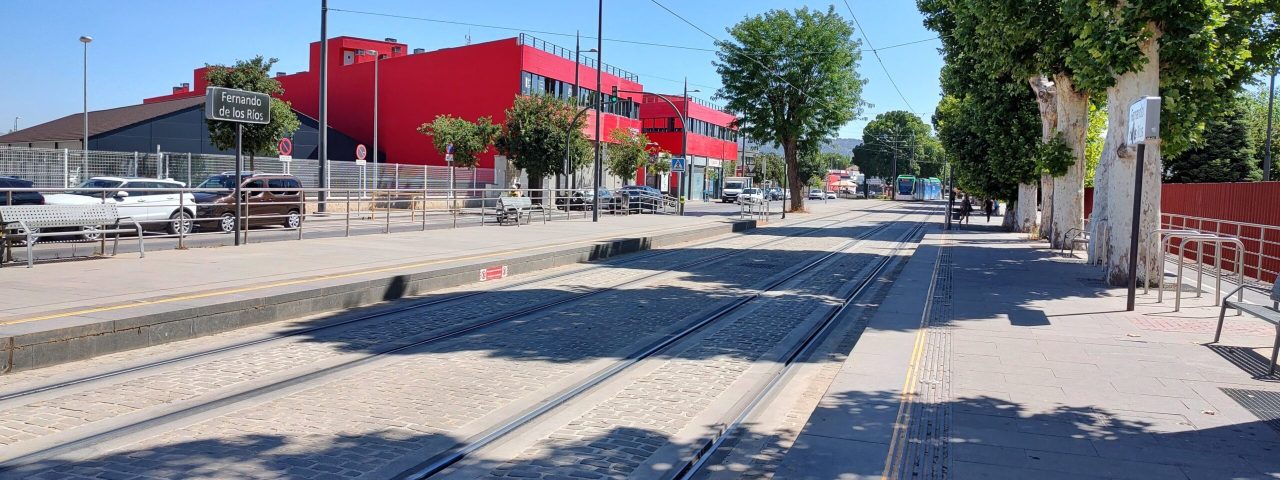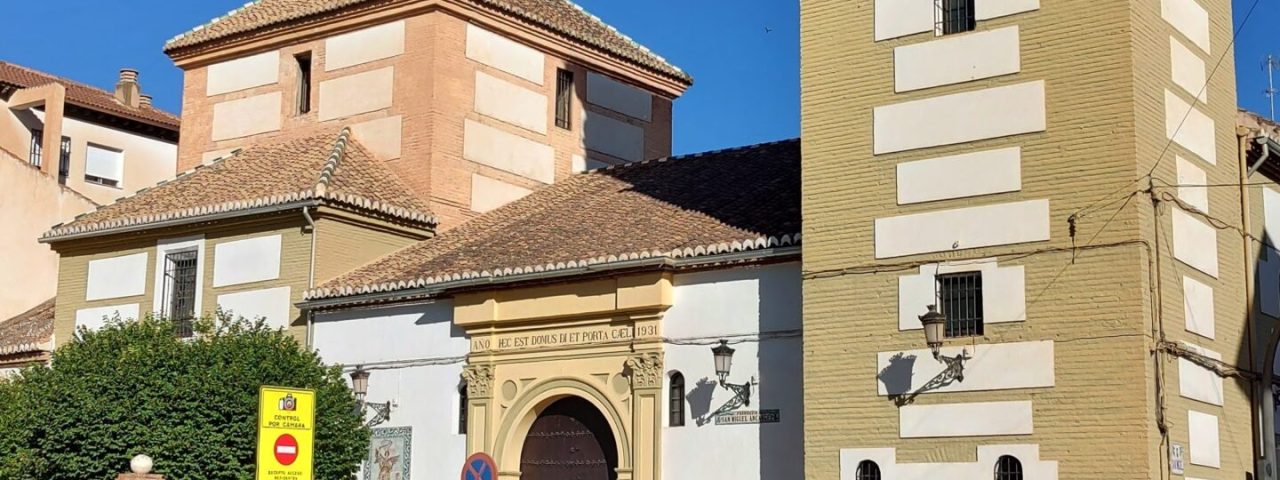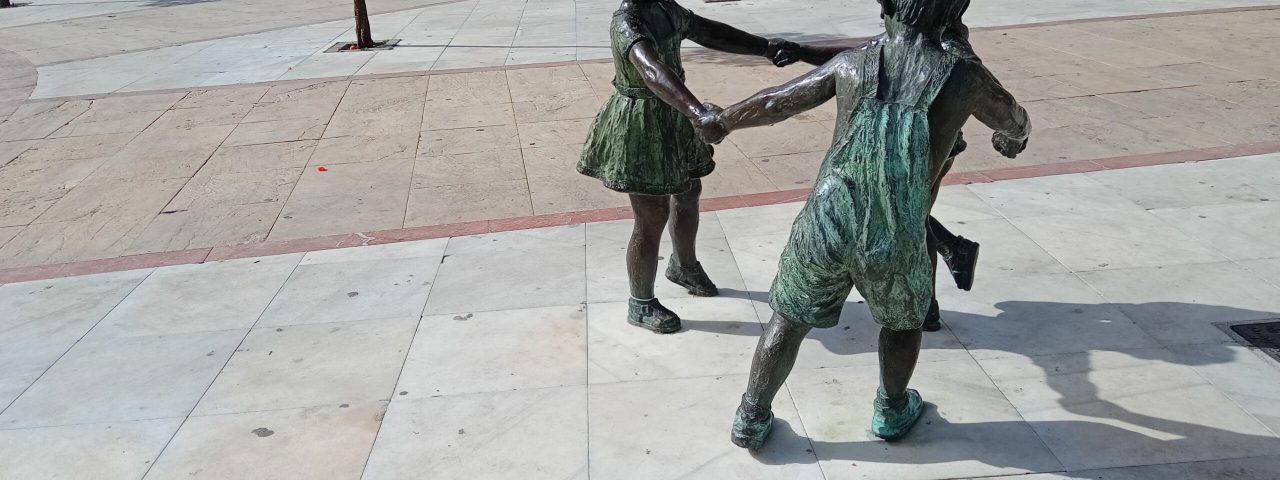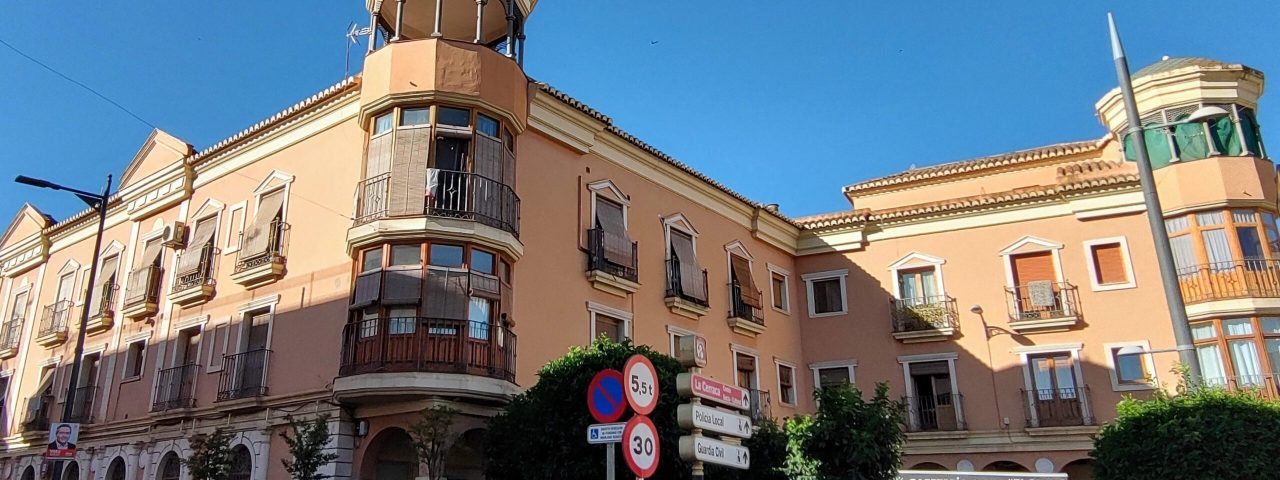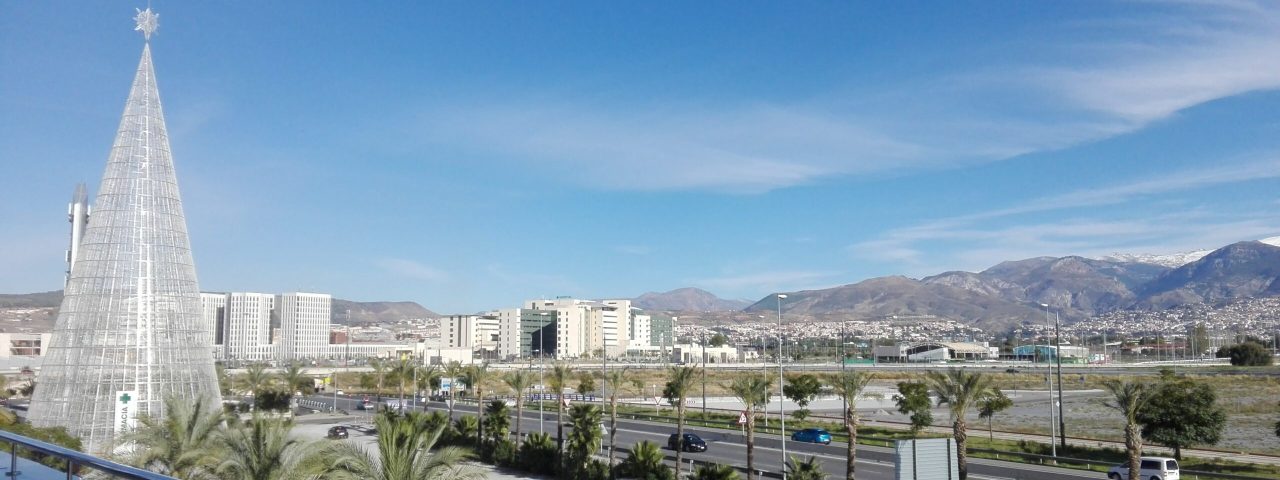Armilla has a rich historical background, with influences from various civilizations, including the Romans, Moors, and Christians, which have shaped the cultural fabric of the city. It was once a significant agricultural settlement during Roman times and later became an important town under Moorish rule, with its fertile lands contributing to the prosperity of the region. The Reconquista of Granada in 1492 marked a new era for Armilla, as it became integrated into the Christian Kingdom of Spain.
Culturally, Armilla is deeply connected to Andalusia’s traditions, and it takes pride in preserving its heritage. The city celebrates a number of traditional festivals, the most famous being the “Feria de Armilla,” a lively event that combines Andalusian folklore, music, dance, and local gastronomy. This celebration offers a glimpse into the city’s vibrant culture, with flamenco performances, bullfights, and parades showcasing the rich traditions of the region. Semana Santa (Holy Week) is another important religious festival where the streets of Armilla are filled with processions, adding a spiritual dimension to the city’s cultural identity.
The city also respects its agricultural roots, which are reflected in its local customs and traditions. Armilla’s cultural scene is a harmonious blend of past and present, offering visitors a rich tapestry of experiences that celebrate both historical and modern influences.

